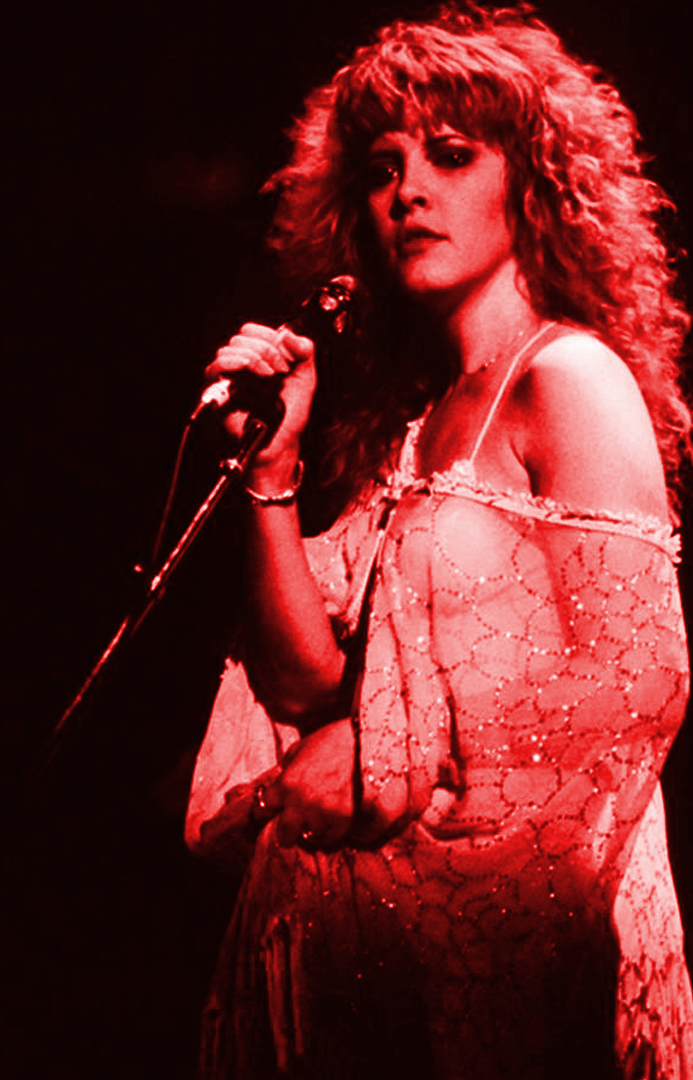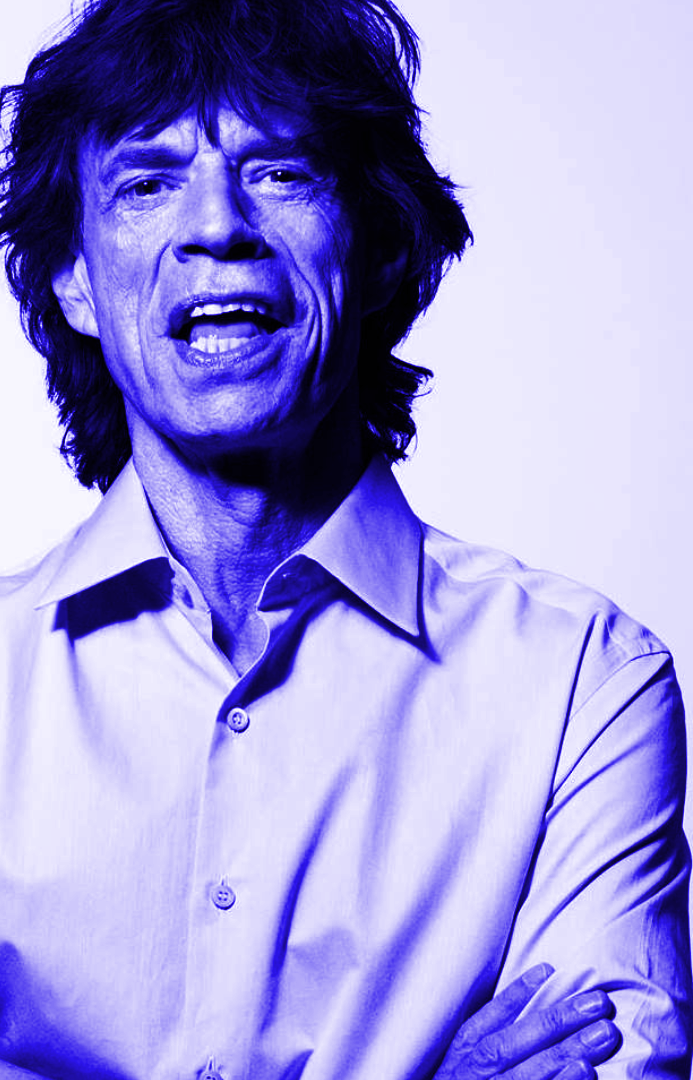Everyday Hero: Former ambassador talks Middle East peace
This month’s speaker for the World Affairs Council of Charleston was Barbara Bodine—a diplomat with a lifetime of foreign service and what a life it has been.
As a former US ambassador to Yemen in 1997, she was there when terrorists attacked the U.S.S. Cole. She was in a plane that was hijacked in 2001 and was a hostage in Kuwait during the Iraqi invasion and occupation in 1990.
During that time, for almost five months, there was no electricity or water, and when they were hungry, there was this.
“So, for 137 days, we ate tuna fish for lunch and dinner every single day. I do not eat tuna fish anymore,” Bodine said.
But Bodine wasn’t complaining during our one-on-one conversation she was just saying it was a difficult time.
“Most diplomats serve in posts that are difficult on one level or another. They’re dangerous, they’re unhealthy and it’s just part of the job,” Bodine explained.
Bodine is currently the director of the Institute for the Study of Diplomacy at Georgetown University. She was among the first generation of women diplomats, and the ambassador’s foreign service took her around the globe, but the focus of our conversation was the Middle East.
“It’s a region you cannot ignore,” Bodine said.
And what she says are concerns from other countries about our credibility, consistency, and decision-making process.
“How we deal not just with adversaries but how are we dealing with our friends, what kind of tools are we willing to use, but I think the biggest question really is that people are not really clear on what our end game is,” Bodine said. “They know what we’ve walked away from; they don’t know what we’re walking toward.”
The most immediate problem that affects the entire region and far beyond, Bodine says, is the Israeli war with Hamas in Gaza and the US not being able to do much about it.
“We can’t tell anybody out in the region this is what you will do, this is my plan, this is the game, this what you do,” Bodine explained. “We don’t have that power. I’m not sure we ever really did, but we really don’t now.”
It’s an ever-changing Middle East, and Bodine argues Iran’s desire to go nuclear is much different than that country using it as a weapon.
“I don’t think that they are as hell-bent on getting a weapon as we’re sometimes concerned, but they can be pushed and threatened to the point where they feel that a weapon is the only thing that’s going to protect them,” Bodine said. “I do applaud the president for restarting the talks with Iran. I applaud the Iranians for getting involved again, so this is a good thing, but it’s going to be a long, hard process.”
As for the age-old question, can there be peace in the Middle East? Many would say no, but Bodine points to Southeast Asia in the 1960s and 1970s as a reason for hope.
“I do a lot of biking, and the bike company I work with actually has a cycling trip down the Ho Chi Minh Trail. If you had told me that in the 70s, I would’ve laughed as you are laughing,” Bodine said. “So there are places where it looked irredeemable, unfixable, just no, and they have managed to come back, and so I’m not willing to say that it’s impossible.”
Diplomacy is required for peace or at least stability, and it won’t happen quickly. And that’s coming from someone who has seen it firsthand.
Ambassador Bodine was awarded the Secretary of State’s award for valor for her work in Kuwait during the Gulf War, and she proudly pointed out to me that they had safely evacuated 3,000 Americans.
If you have an Everyday Hero, email [email protected] or submit it here.
Click Here for the Full Article
Author: Brendan Clark







